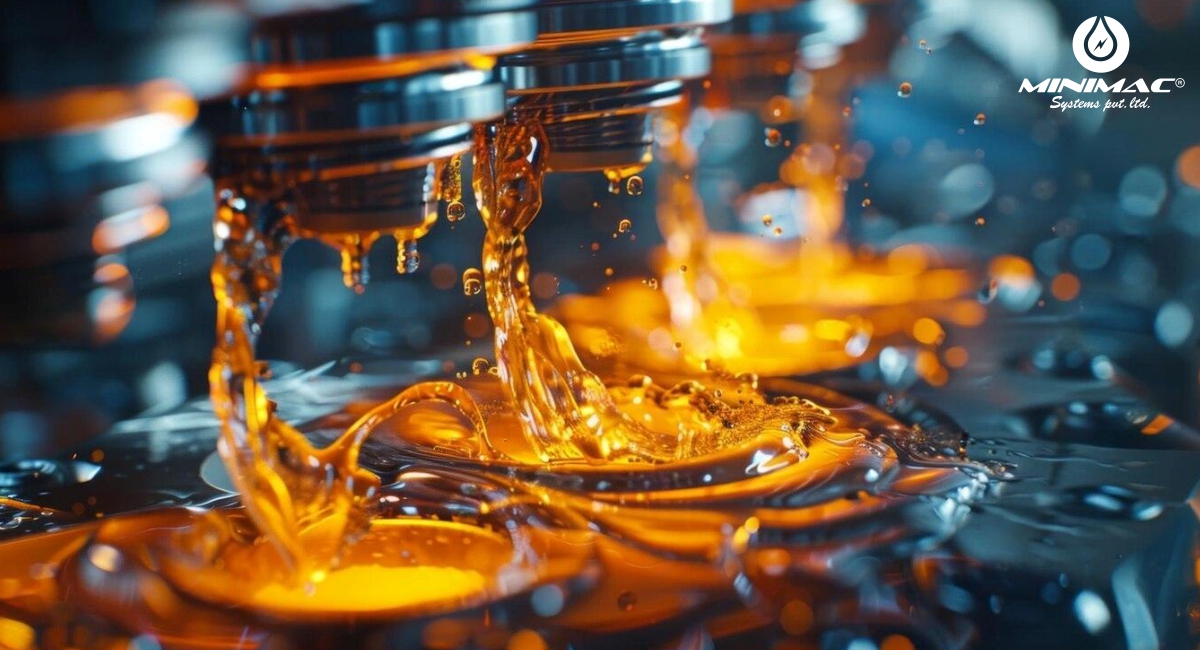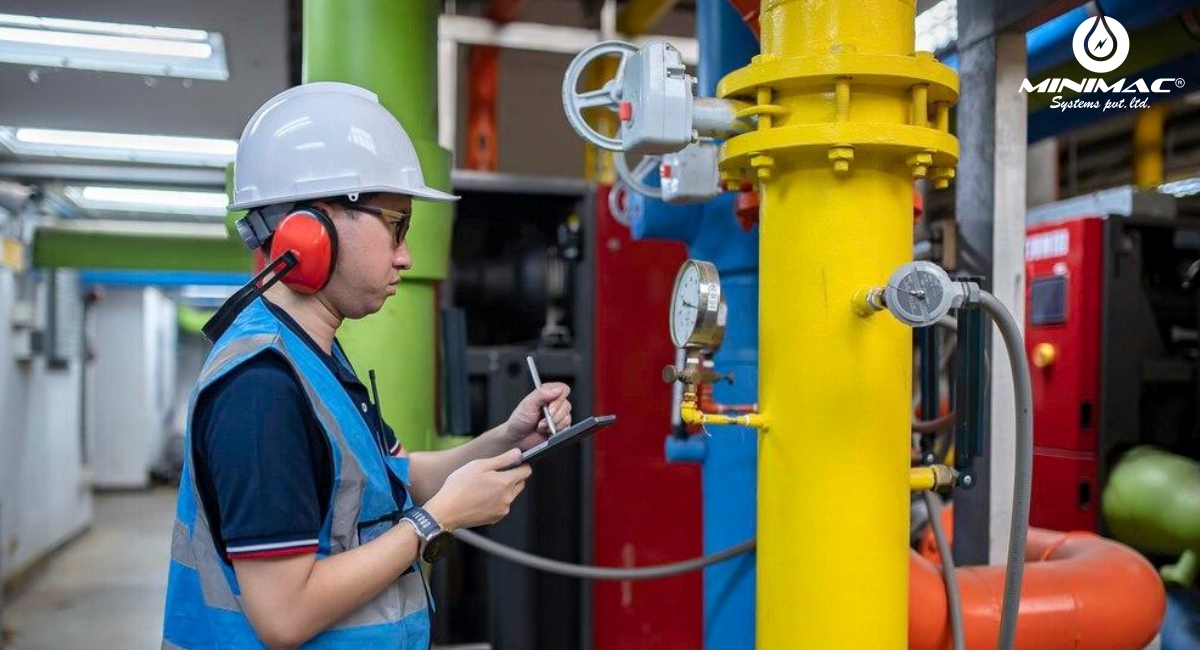Unlocking the Power of Oil Filtration: A Deep Dive into Maximizing Efficiency and Extending Equipment Lifespan

Introduction
Oil filtration is an important process to maintain smooth operation for machines running on lubricating oil. Oil filtration systems are vital to preventing costly breakdowns, minimizing downtime, and increasing equipment efficiency by effectively eliminating contaminants and impurities. In this ultimate guide, we will discuss the ins and outs of oil filtration, including what it is, how it works, and why you need it, the benefits of oil filtration, different types of oil filters, and how to best use them.
Understanding the Importance of Oil Filtration
Keeping these filters is a must because they help to maintain oils that will prevent the outbreak of parts organized. Without adequate filtration, dirt, metal shavings, and water can enter the system, speeding up wear and tear on key components. This results in a reduction in equipment life, higher costs of maintenance, and a risk of more disastrous failures.
A better-rated oil filtration system can prolong the shelf life of the machinery, enhance production efficiency, and reduce the total operating cost. When the oil is clean, it will offer the best lubrication with the least amount of friction, which leads to lower operating temperatures and better energy efficiency.
How Does Oil Filtration Work?
Oil filtration is the process of what? The reduction of contaminants exists in lubricating oil. Oil is extracted from the machinery, passes through a filter element to trap impurities, and is re-entered into the system. The heart of the filtration is always a filter element and will be made of paper, synthetic fibers , or metal screens.

Benefits of Oil Filtration
- Extended Equipment Lifespan: Helps to decrease the wear and tear of the important parts.
- Enhanced Efficiency and Performance: Ensures optimal lubrication, minimizing friction and energy consumption.
- Less Maintenance and Less Downtime: Fewer oil changes and part replacements.
- Financial Benefits: Whether in the form of repairs and replacements, top-quality service is going to spare you a dime.
Types of Oil Filters
Different oil filter types have been designed for the unique filtration requirements:
- Spin-on: Easy to install and replace, made up of a replaceable cartridge enclosed within a metal canister.
- Fit as Installed: If this type is used to enter the oil flow path, it is well suited for installation applications, where space is limited.
- Magnetic: Employ high-performance magnets to attract ferrous metal components, suitable for operations with a high risk of contamination.
Choosing the Right Oil Filtration System
When it comes to choosing the right oil filtration system, here are a few factors to consider:
- Oil Flow Rate: Choose a filter capable of accommodating the volume of oil circulating through your equipment.
- Contaminant Type and Size: Get a filter that will trap the contaminant type in your system.
- Oil Compatibility Check: Ensure that the filter is approved for usage with the type of oil present in the system or equipment.
Deep Dive: Filter Media - The Heart of Oil Filtration
A good oil filtration system is solely dependent upon the filter media choice. Not all filter media captures contaminants; there is a wide spectrum.
- Paper Filter Media: These are common, general-purpose filter media with decent dirt-holding capacity.
- Synthetic Fibers Filter Media: Excellent dirt-holding capacity and a longer life span than that of paper media.
- Metal Mesh Filter Media: Best for larger contaminants, usually used as a pre-filter.
- Activated Carbon Filter Media: Used to extract impurities such as water and organic pollutants.
Oil Filtration System:
There are several factors to consider when designing an efficient oil filtration system:
- Filter Positioning: Take into account where in the oil circuit the filter goes for best efficiency.
- Add Bypass Valve: Add a bypass valve to guard against dangerously high pressure within the system
- Differential Pressure Gauge: Use the differential pressure to monitor the pressure drop of the filter to indicate the condition of the filter.
- Material of filter housing: The filter housing should be made of a non-corrosive material.

Best practices for oil filtration Maintenance
Oil filtration only works well when properly maintained:
- Replace Filters: Follow the replacement recommendation of the filter element provided by the manufacturer.
- Pressure Drop Monitoring: When the pressure drop suddenly rises, the filter is blocked and must be replaced.
- Preventive Maintenance Schedule: Add oil filtration maintenance to your overall maintenance schedule for your equipment.
Case Study: Minimac Oil Filtration Solutions
An oil filtration case that stands out is that of a polypropylene plant located in Jamnagar (India). The compressor and pipelines that were newly installed at the plant faced major contamination problems. Detailed Oil Analytics Power the FS 500, in which MinMac's advanced oil filtration system had extracted all contaminants and avoided CDE failure of potential risk, thus minimizing machine downtime and having a cost impact of several million rupees.
Conclusion
Oil filtration is a vital part of equipment maintenance. By ensuring that a strong filtration process is in place, as well as adhering to good conventions, you greatly increase how long your equipment operates effectively, and how much work is finished over that time period. You may also improve the oil filtration process by learning more about filter media and structure. Keep in mind that clean oil from your vessels may help the processor function longer and more effectively.





